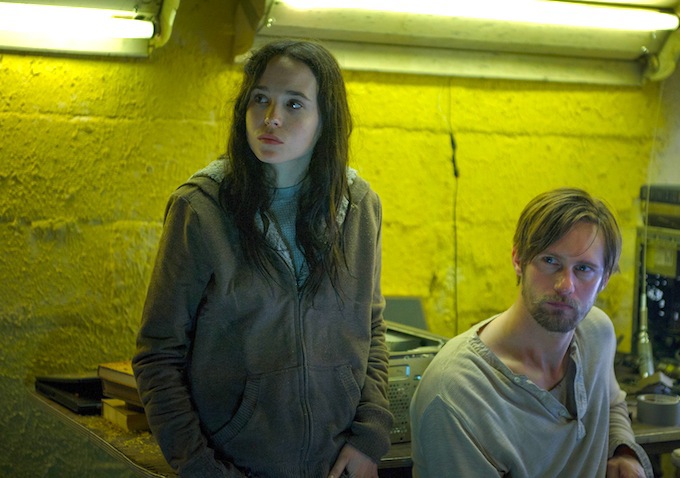When I relocated from The Netherlands to Silicon Valley, I was invited to an “ice-cream social” in a cul de sac of Eichler homes. We got talking about the environment—a popular topic in Northern California—and one professor proudly announced that this was the street with the most Priuses in the country. It was also a street that, despite the constant sunshine, did not boast one clothesline; clothes dryers, along with a vehicular commute to the local supermarket, were, it would seem, the most convenient option. Conspicuous consumption is also convenient; it is much easier to buy coffee in a 60% recycled cardboard cup or pay luxury money for a Prius to rack up some nice middle class enviro-points than it is to make arduous lifestyle adjustments. Lifestyle is what you buy, not what you do.
After this experience, conspicuous environmental consumption and absolution by-product became something of an obsession for me living as a tourist to this squeaky-clean dream. I had come to study—or “scrape the fat,” as I like to refer to it—at the prestigious Stanford University, which entailed a generous stipend to fund my voyeuristic fascination with American culture. On my first day I was dumbfounded to find the waste bins full of biodegradable corn starch forks and brown paper cardboard plates. It seemed that having to wash up was too much to ask—as was a functioning compost system to facilitate the actual biodegradation of food and forks.I figured that since I was going to be living without any money for the next six weeks while waiting for my scholarship to come through, I could at least make a meal of the cutlery. Unfortunately, they didn’t taste so good and turned out to be surprisingly unsuited to the microwave.


